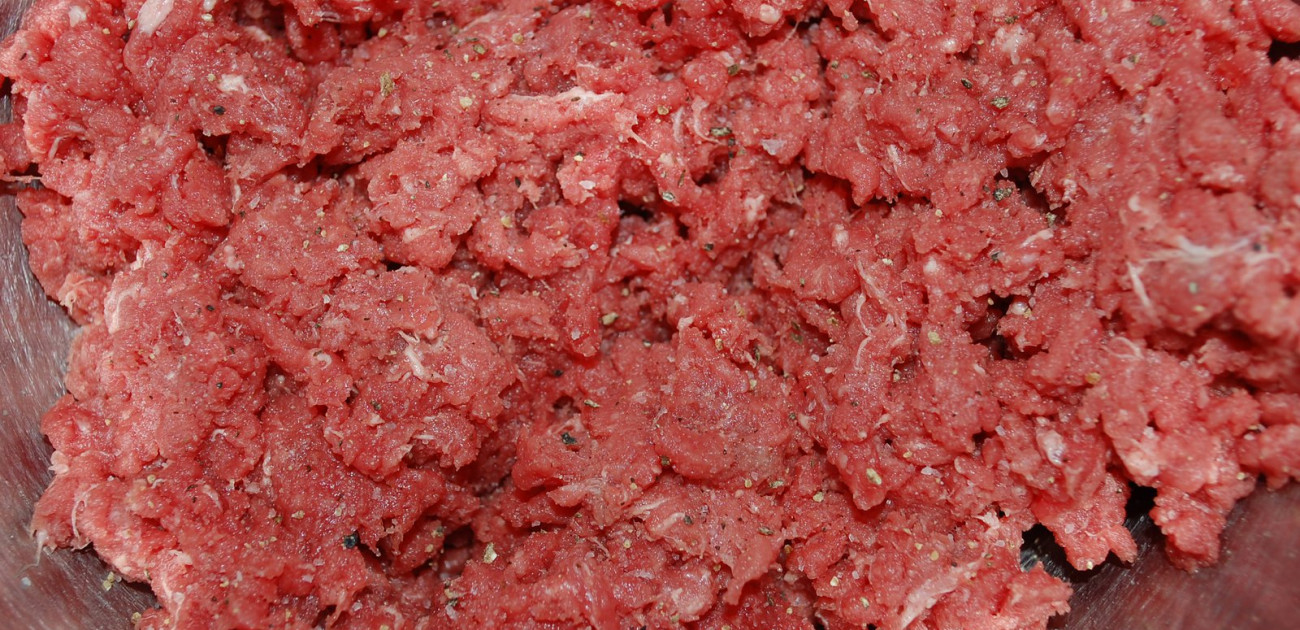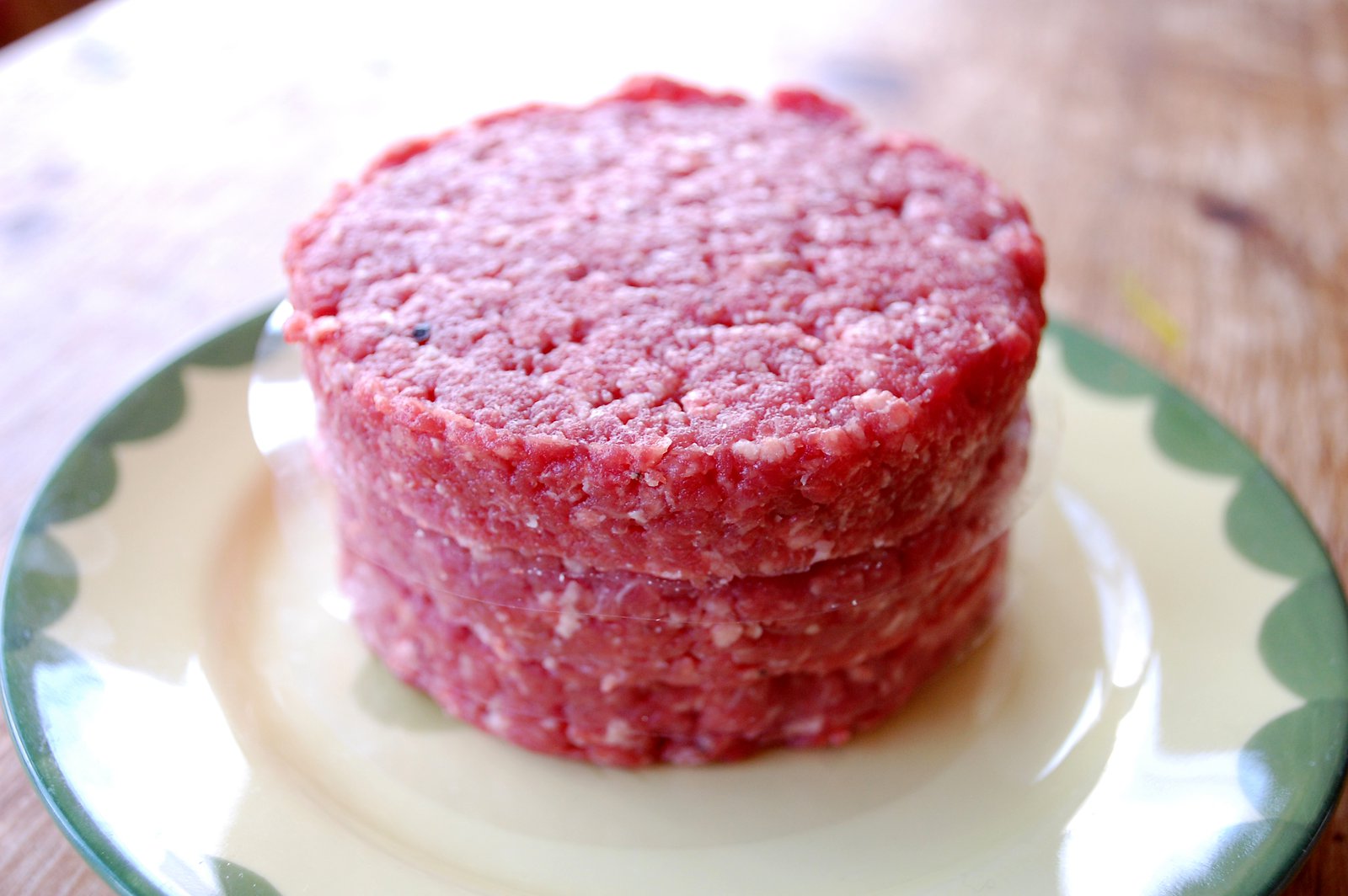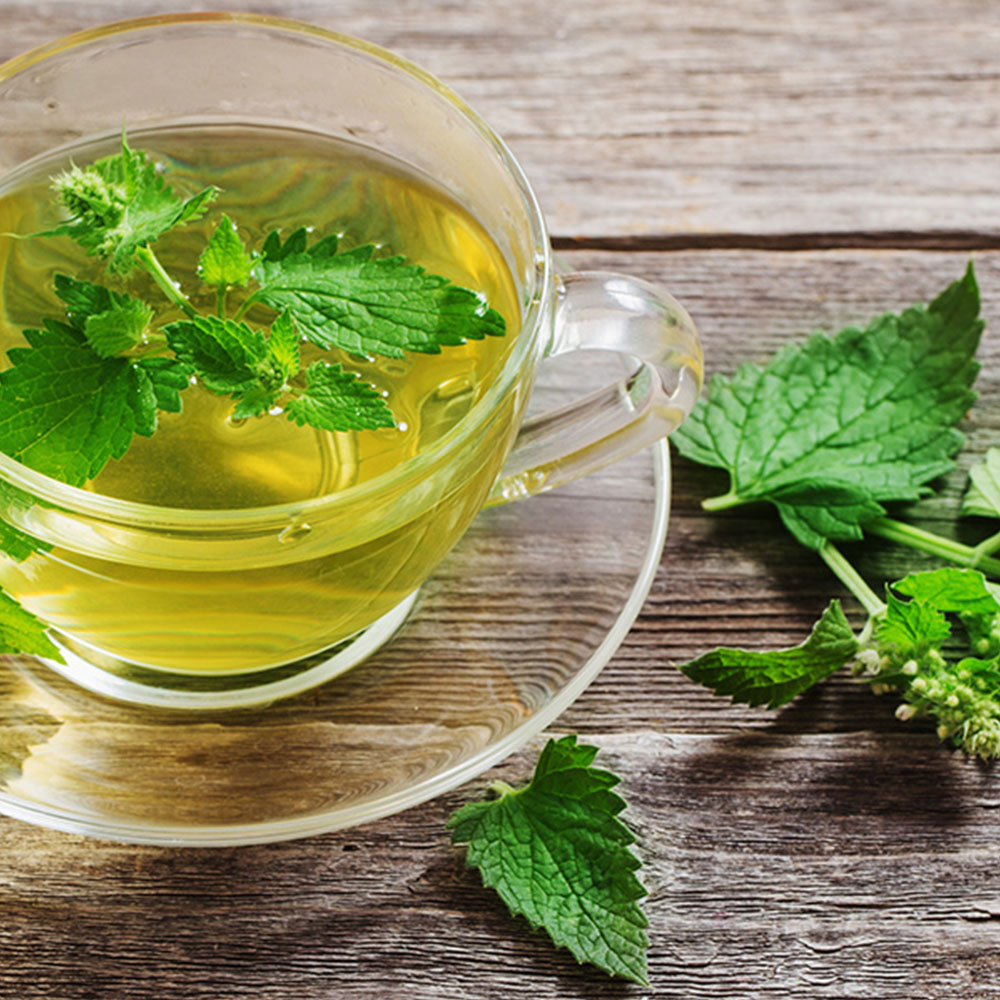08 July 2011
Starting Out - The Basics For A Simple Homemade Burger

Some time ago, I started a quest for a great burger, then stopped that search as things at Steenbergs gave me less time than I had needed. But I think I am ready to start that hunt again.
In the meantime, I have not been completely idle..well, a little perhaps...and have tweaked my core simple burger recipe, reducing the seasoning to let the flavour of the meat come through more. However, it is completely a matter of taste as to how much seasoning you want to complement the beef flavours, plus an element of how good the meat itself is, where the better the flavours in the meat, the less seasoning you should be adding.
So here is my amended Simple Burger recipe:
450g / 1lb ground chuck, rib eye, rump, silverside or topside beef
1tbsp grated or minced onion (optional especially for top notch 21+ days' beef, but ideal for shop bought mince), lightly fried then cooled
½tsp sea salt
¼tsp cracked black pepper
If doing the onion, fry gently in ½tbsp of sunflower oil until clear, then cool until chilled in the fridge.
Next, clean your hands. Then, in a clean stainless steel bowl, mix together all the ingredients using your hands, making sure all the ingredients are spread evenly through the mix. Leave in the fridge for at least an hour and ideally overnight (or 6 hours). Form the burger mix into patties that are 2cm (¾ inch) thick with your hands or in a burger press.



Lightly brush with sunflower oil on each side, then either grill them over a barbecue or in a good cast-iron frying pan over a medium-high heat to the desired degree of doneness - around 4 - 5 minutes per side for medium rare; 5 - 6 minutes for medium. However, the degree of doneness is not an exact science and depends a lot on the actual temperatures used and the meat, so be flexible rather than rigid in these guides.

To shape the burgers, I just use my hands. However, Lakeland have a burger press that would do the job if you do not like the feel of meat, or you could try Twenga where there seem to be loads of alternatives over a wide price bracket. Better still there is a range of burger presses from £7 - £300 at one of my favourite web secrets, Weschenfelder.
If you find that your burgers are falling apart, you may find that the meat you are using is not moist enough. Alternatively, you could add some breadcrumbs, which will help to bind the meat together more. In my homemade burger recipe via the main Steenbergs website, I use these in a more involved burger recipe. The other possibility is that the burger is being turned too much or you are pressing it down, so releasing the juices that would bind the meat together, as below.
If you wish to barbecue them, a charcoal fire is much better rather than a gas grill, but obviously comes with more of a hassle factor. Here are some basic burger cooking rules:
- Turn the burger only once - flipping might make the burger fall apart, while turning it back and forth will dry it out without letting the burger cook through.
- Don't squash down the burger while it is cooking. It does not speed up the cooking time much and squeezes out the juices, so ensuring your burger will become dry and solid rather than succulent & delicious.
- Finally, make sure your frying pan or grill is hot before you start cooking, but you don't want a mega hot flame that chars the burgers to a crisp, cinder, better to be white hot charcoals than big flickering flames. Impatience will not help the best flavours to develop.




